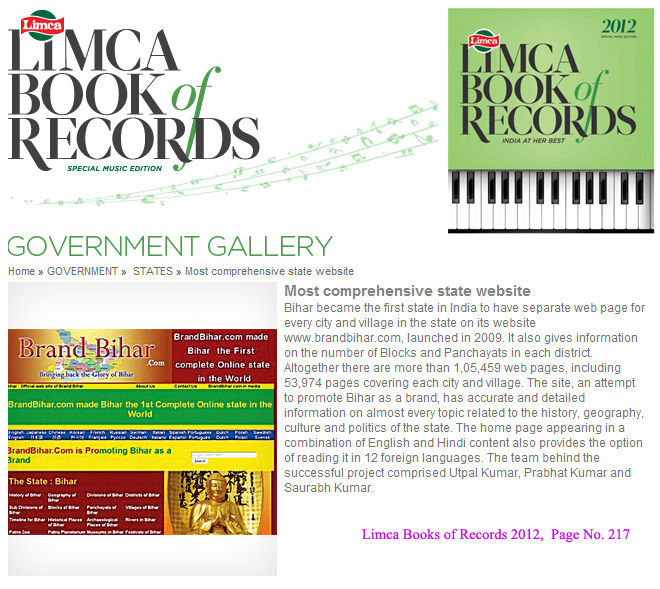

Assam is a state in Northeast India and known for Tea and silk. It is located south of the eastern Himalayas, Assam comprises the Brahmaputra Valley and the Barak Valley along with the Karbi Anglong and Dima Hasao districts with an area of 78,438 Sq Km. India’s first oil well in Asia was drilled here. The state has conserved the one-horned Indian rhinoceros from near extinction, along with the pygmy hog, tiger and various species of Asiatic birds. It provides one of the last wild habitats for the Asian elephant. Assam economy is aided by wildlife tourism while Kaziranga National Park and Manas National Park are designated World Heritage Sites.
Parliamentary Constituencies in Assam
Assam is surrounded by Seven States: Arunachal Pradesh, Nagaland, Manipur, Mizoram, Tripura, Meghalaya and West Bangal. Geographically Assam and these states are connected to the rest of India via a 22 kilometres (14 mi) strip of land in West Bengal called the Siliguri Corridor or "Chicken's Neck". Assam shares international border with Bhutan and Bangladesh; and culture, people and climate is similar to that of South-East Asia.
Sal tree forests are found in the state, which as a result of rainfall looks green all year round. Assam receive more rainfall compared to most part of India. This rain feeds the Brahmaputra River, whose tributaries and oxbow lakes provide the region with a hydro-geomorphic and aesthetic environment.
The detail analysis of Population Census 2011 published by Govt. of India for Assam state reveal that population of Assam has increased by 17.07% in this decade compared (2001-2011) to past decade (1991-2001). The density of Assam state in the current decade is 1030 per sq mile.

Bihar became the first state in India to have separate web page for every city and village in the state on its website www.brandbihar.com (Now www.brandbharat.com)
See the record in Limca Book of Records 2012 on Page No. 217